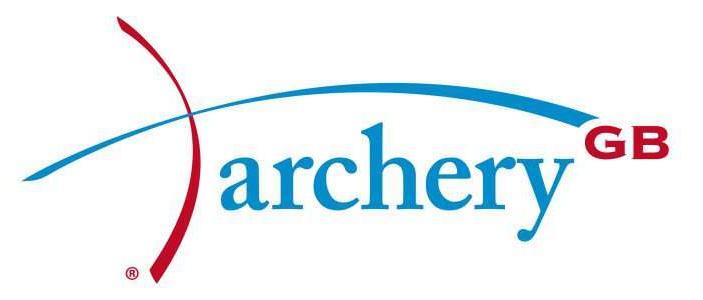Sleaford Maltsters Archery Club are dedicated to encouraging a supportive culture among our volunteers, participants or members (together known as our stakeholders) which includes everyone. It is in our best interests to promote diversity and get rid of discrimination.
We have adapted the Archery GB Equality and Diversity Policy.
This policy reinforces our commitment to providing equal opportunities and fairness for everyone and not provide less favourable facilities or treatment because of age, disability, gender reassignment, marriage and civil partnership, pregnancy and maternity, race, ethnic origin, colour, nationality, national origin, religion or belief, or sex and sexual orientation (together known as the protected characteristics). We are opposed to all forms of unlawful and unfair discrimination.
We will treat all people, no matter what their role is or association with the club, fairly and with respect.
We will fully put this policy into practice. Partner organisations, including member clubs, affiliated associations, suppliers and sponsors should demonstrate their commitment to the principles and practice of equality as set out in this policy.
Our commitments
We will:
- create an environment in which individual differences and the contributions of everyone are recognised and valued;
- create an environment that promotes dignity and respect for all stakeholders;
- not accept any form of discrimination, intimidation, bullying, victimisation or harassment, and will take disciplinary action against those that break this policy;
- promote equality, as we believe this is good practice for us and all member clubs, affiliated associations, suppliers and sponsors;
- encourage anyone who feels they have been discriminated against to raise their concerns so we can take action;
- encourage employees to treat everyone with dignity and respect;
- regularly review all our practices and procedures so that fairness is maintained at all times;
- tell all members that we have an equality and diversity policy and that they must keep to our requirements and promote fairness; and
- let funding agencies and other stakeholders know about the policy.
Legal responsibilities
By law, we must not unlawfully discriminate (see Appendix 1) against our stakeholders. We also recognise our legal obligations under, and will keep to the requirements of, the Equality Act 2010 and any equivalent legislation (as amended) in any UK country, Jersey, Guernsey or the Isle of Man and any later amendments to that legislation or future equality-related legislation that may be relevant to us.
We will get advice each time we review this policy to make sure it continues to reflect the current legal framework and good practice.
Appendix 1 – A definition of unlawful discrimination
The following are unacceptable.
- Unlawful discrimination which can take the following forms:.
- Direct discrimination – treating someone less favourably than you would treat others because of a protected characteristic.
- Indirect discrimination – applying a condition or practice which, on the face of it, applies equally to everyone but which, in practice, can disadvantage people with a particular protected characteristic. Such requirements or conditions are lawful only if they can be fairly justified.
- Harassment – taking part in unwanted behaviour relating to a relevant protected characteristic or unwanted sexual behaviour where the behaviour has the purpose or effect of violating someone’s dignity or creating an intimidating, hostile, degrading, humiliating or offensive environment for them or any other person affected by the behaviour. We are committed to making sure that our stakeholders are able to carry out their activities free from harassment.
- Bullying – the misuse of power or position to criticise persistently or to humiliate and undermine someone’s confidence.
- Victimisation – making someone suffer because they have, in good faith, taken action under the Equality Act 2010 (or equivalent legislation) by bringing proceedings, giving evidence or information relating to proceedings, making an allegation that a person has broken the Equality Act 2010 (or equivalent legislation) or doing any other thing for the purpose of or in connection with the Equality Act 2010 (or any equivalent legislation).



